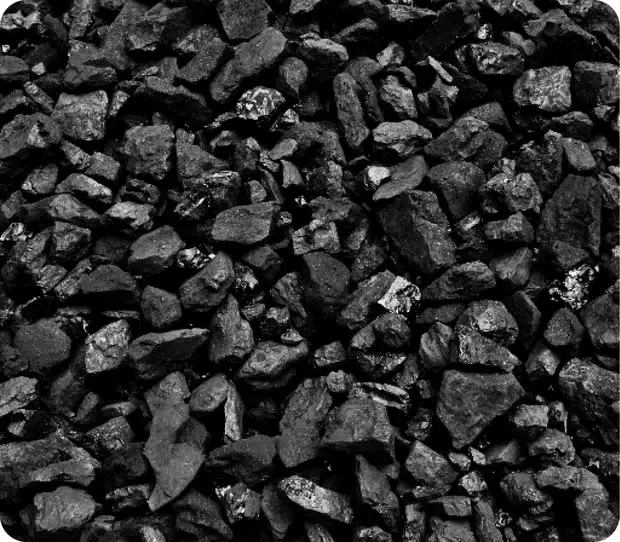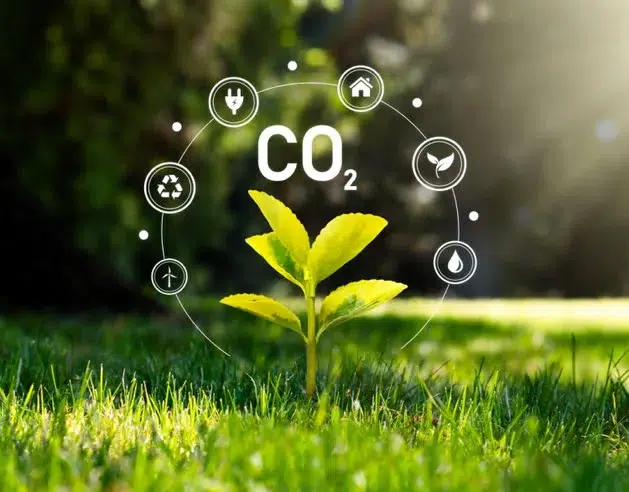Introduction
In a world grappling with the growing menace of plastic waste, chemical recycling emerges as a beacon of hope. This innovative approach promises to turn plastic waste into valuable resources. But how do you determine if your plastic waste is suitable for chemical recycling? In this guide, we’ll delve into the key factors to consider.
Types of Plastics
Not all plastics are created equal. Different types of plastics have distinct chemical compositions, making some more suitable for chemical recycling than others. Generally, plastics labeled with recycling codes #1 (PET), #2 (HDPE), #4 (LDPE), #5 (PP), and #6 (PS) are better candidates for chemical recycling. These plastics are commonly found in bottles, containers, and packaging materials.
Contamination Levels
Contaminants such as dirt, food residues, and non-plastic materials can hinder the chemical recycling process. It’s crucial to ensure that your plastic waste is properly cleaned and sorted to remove these contaminants. Clean plastic waste is not only more suitable for recycling but also ensures a higher-quality end product.
Size and Shape
The size and shape of plastic waste can impact its suitability for chemical recycling. Smaller pieces are often more manageable in the recycling process. Shredding or chopping larger plastic items can make them more suitable. Irregularly shaped items might require additional processing to ensure effective recycling.
Chemical Stability
Certain additives and chemicals used in plastics, such as flame retardants and plasticizers, can affect the chemical recycling process. Plastics with fewer additives and stabilizers are generally more suitable for chemical recycling. Understanding the composition of your plastic waste is essential in determining its compatibility.
Thermal Properties
Chemical recycling often involves subjecting plastics to high temperatures. Plastics with favorable thermal properties are better suited for this process. Understanding the melting point and heat resistance of your plastic waste can help assess its suitability for chemical recycling.
Compatibility with Recycling Technology
Different chemical recycling technologies exist, including pyrolysis and gasification. Assess whether your plastic waste aligns with the specific technology employed by the recycling facility. Some plastics may perform better in certain processes, and knowing this can optimize recycling outcomes.
Regulatory Compliance
Check if your region or country has regulations governing chemical recycling and the types of plastics that can be processed. Compliance with these regulations is essential to ensure a smooth recycling process.
Conclusion
Chemical recycling holds immense promise in addressing the plastic waste crisis and promoting sustainability. To determine if your plastic waste is suitable for this advanced recycling method, consider factors such as plastic type, contamination levels, size, chemical stability, thermal properties, technology compatibility, and regulatory compliance. By assessing these aspects, you can contribute to a more efficient and environmentally friendly plastic recycling process.
Incorporating chemical recycling into your waste management strategy not only helps reduce plastic pollution but also unlocks the potential of turning waste into valuable resources. It’s a step forward in creating a more sustainable and circular economy.





